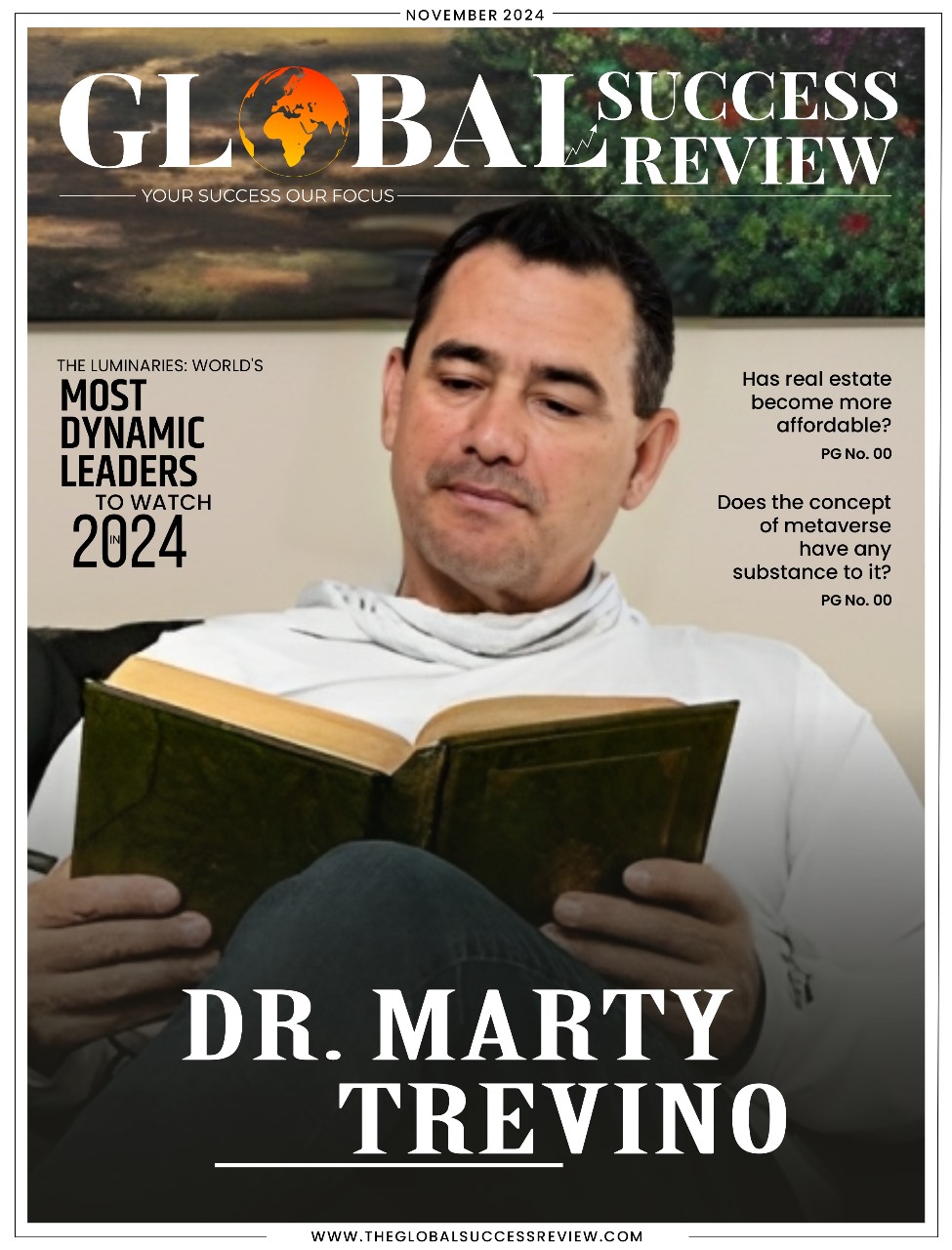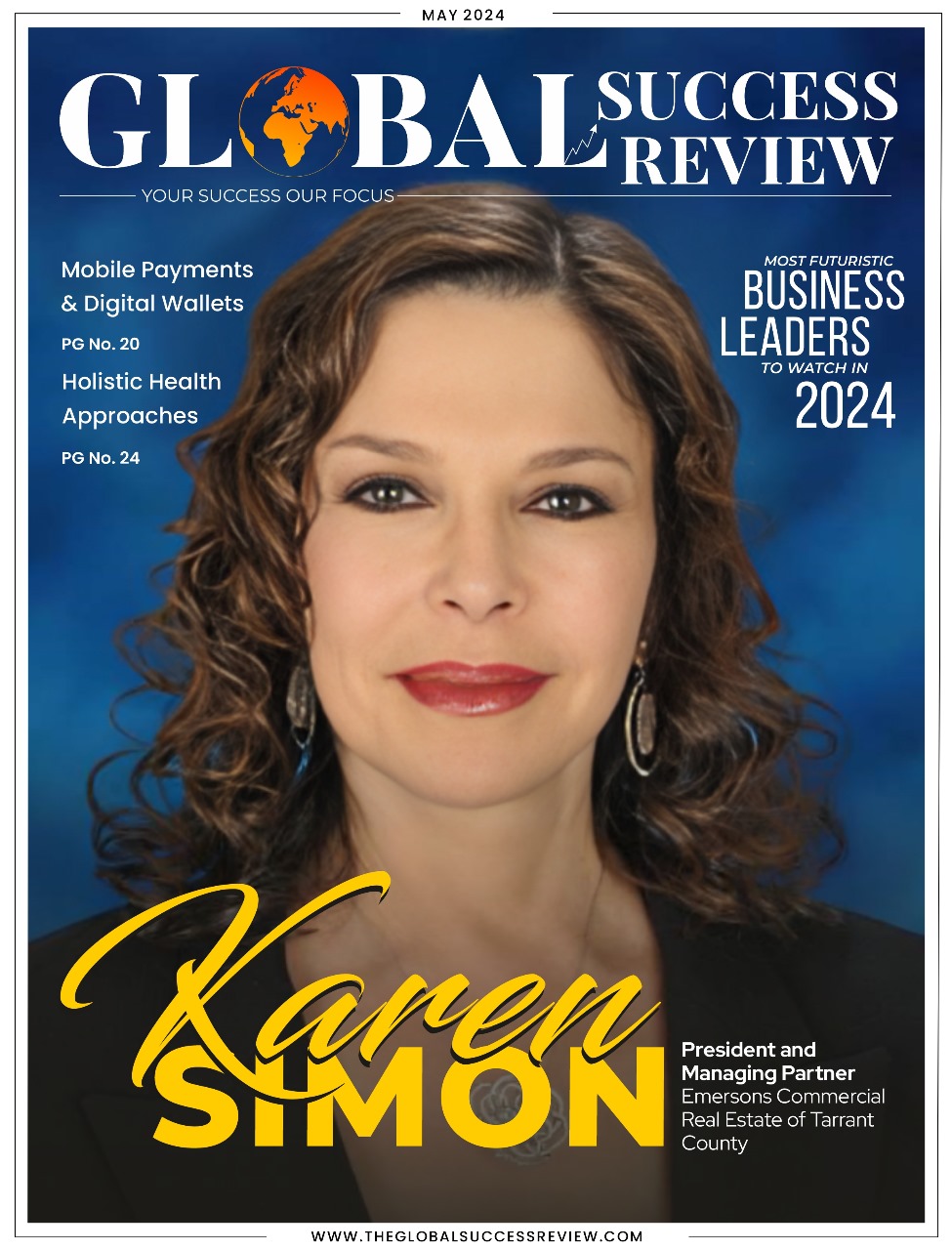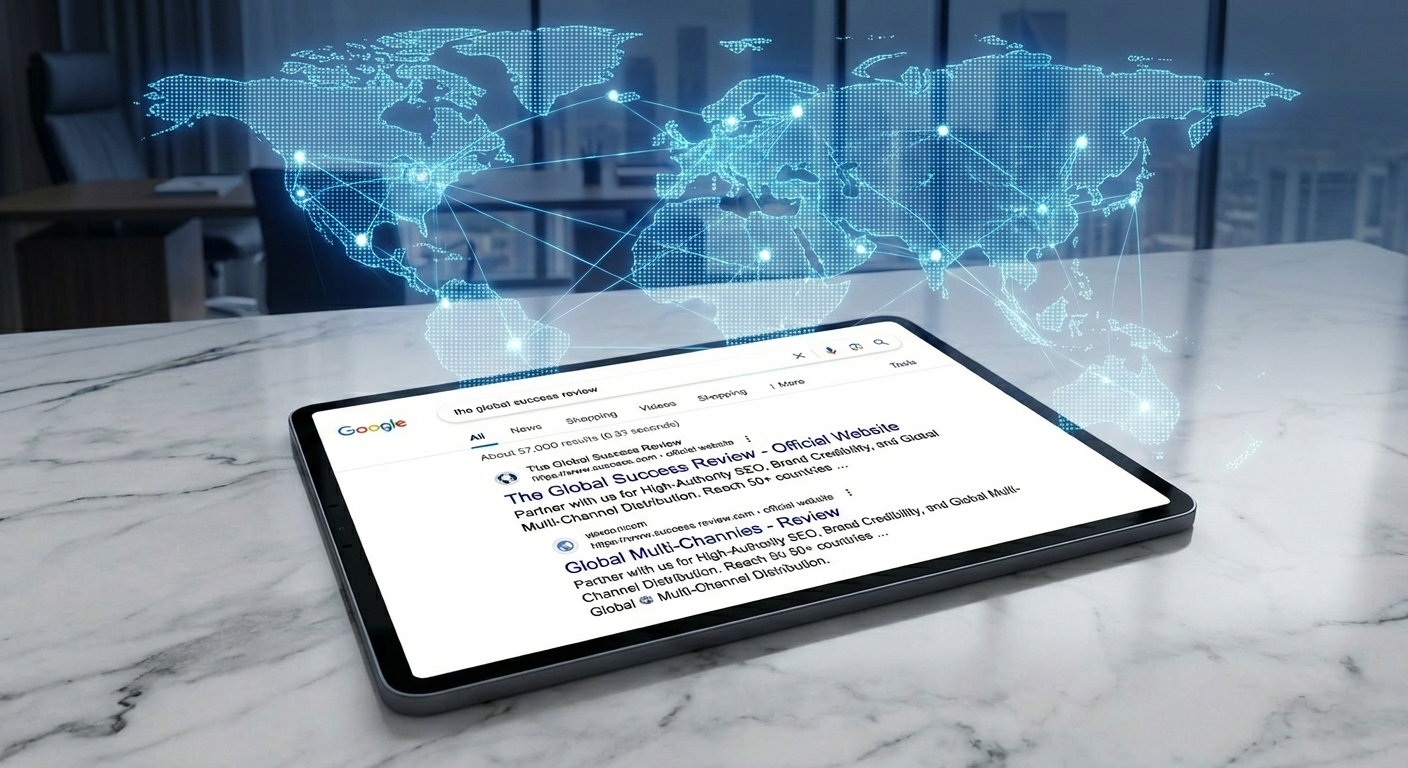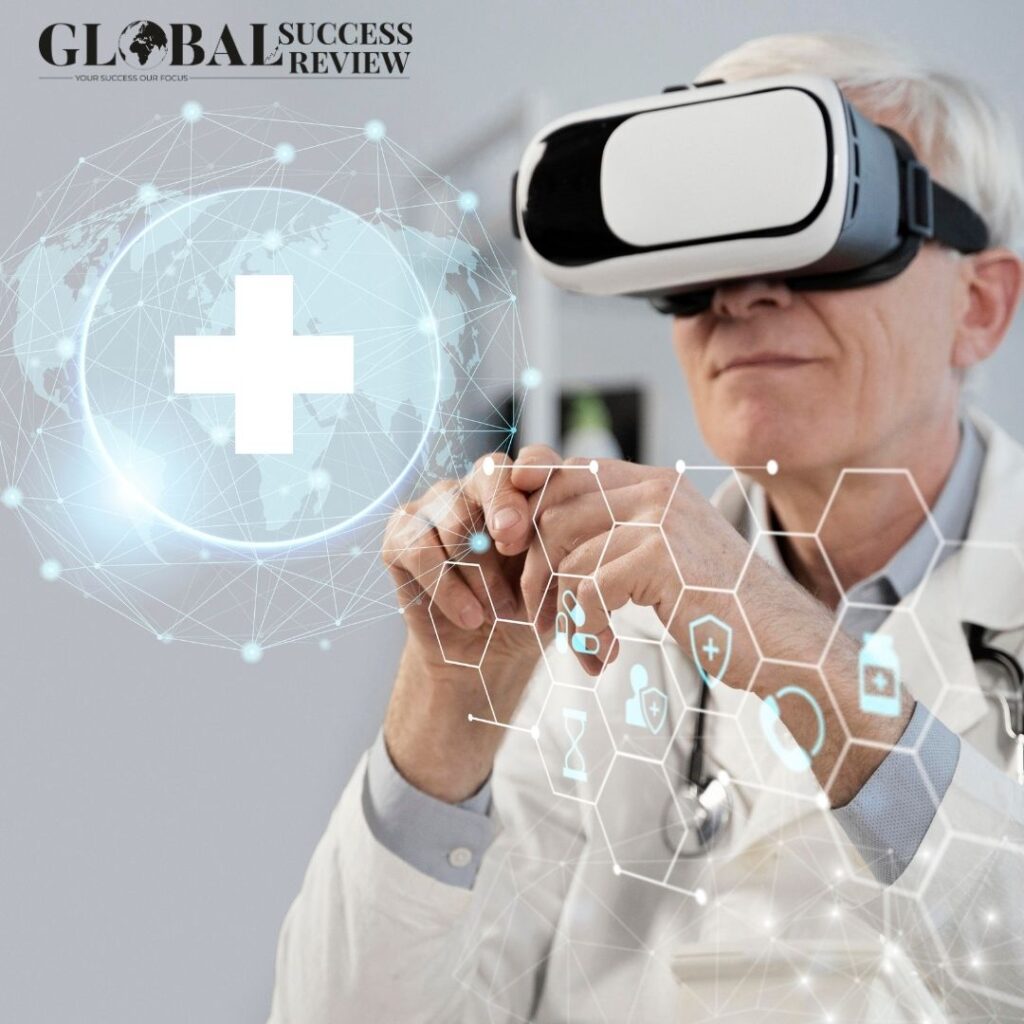By Global Success Review Magazine
In a world where technology touches almost every aspect of our lives from how we shop to how we socialize healthcare is undergoing a digital transformation like never before. Welcome to the age of Digital Healthcare, where innovation meets compassion and convenience walks hand in hand with quality care.
For decades, healthcare has been associated with long waiting times, crowded hospitals, and paperwork mountains. But in recent years, that image has been steadily replaced with virtual consultations, AI-powered diagnostics, wearable health tech, and personalized treatment plans, all accessible with just a few taps on a smartphone.
So, what exactly is digital healthcare?
At its core, digital healthcare is about using technology to enhance the way medical services are delivered and experienced. From telemedicine and remote monitoring to electronic health records and mobile health apps, digital tools are empowering both patients and providers to connect more efficiently and effectively.
The Rise of Telemedicine
One of the most game-changing aspects of digital healthcare is telemedicine. Once seen as a niche service, it exploded during the COVID-19 pandemic, proving to be a lifeline for millions who needed care without risking exposure. Today, virtual doctor visits have become mainstream. Whether you’re managing a chronic condition or just catching a seasonal flu, you can now consult your doctor without leaving your home.
Telemedicine doesn’t just bring convenience it brings access. People living in remote areas, the elderly, and those with mobility challenges are now able to receive medical care that was previously out of reach. It’s leveling the playing field in a way that traditional healthcare systems often struggled to do.
Wearables and Wellness
Remember the days when a fitness tracker just counted your steps? Those days are long gone. Today’s wearables can monitor heart rate, sleep patterns, oxygen levels, ECGs, and even stress. Devices like smartwatches and health rings are transforming how we approach preventive care.
Doctors can now gather real-time data, helping them make more informed decisions. Patients, in turn, are more aware of their own health trends, encouraging a proactive rather than reactive approach to wellness.
AI: A New Kind of Healthcare Assistant
Artificial Intelligence (AI) in healthcare isn’t about replacing doctors; it’s about enhancing their capabilities. AI can analyze vast amounts of data in seconds something a human doctor would take days to do. From early cancer detection to identifying potential outbreaks, AI is proving to be an indispensable tool in modern medicine.
Take, for example, IBM’s Watson or Google’s DeepMind AI platforms that are helping doctors diagnose diseases with remarkable accuracy. These systems learn from thousands of medical records, imaging scans, and research papers, giving clinicians a powerful second opinion.
Personalized Medicine and Genomics
Another exciting shift is toward personalized medicine, where treatments are tailored to the individual rather than the one-size-fits-all model. Thanks to digital tools and genetic testing, doctors can now understand how a patient’s unique DNA may affect their response to certain medications.
This approach is particularly impactful in fields like oncology, where understanding a tumor’s genetic makeup can help in selecting the most effective treatment. It’s not science fiction, it’s happening now, and it’s saving lives.
Digital Health Records: One Click Away
Gone are the days of filing cabinets full of dusty medical records. Today, Electronic Health Records (EHRs) give doctors immediate access to a patient’s medical history, lab results, medications, and treatment plans all securely stored and easily shareable across specialists and hospitals.
This means fewer errors, faster treatment decisions, and better-coordinated care. For patients, it’s peace of mind knowing their health information is in one place and always accessible.
Challenges on the Road Ahead
Of course, no transformation is without its hurdles. Data privacy, cybersecurity, and equitable access remain pressing concerns in the digital healthcare landscape. Ensuring that technology is inclusive and that people from all backgrounds can benefit from these innovations is critical.
Moreover, not all patients are tech-savvy, and digital literacy varies widely. Bridging the gap between high-tech solutions and human-centered care must remain a top priority.
The Human Side of Digital Care
At the heart of this transformation is a simple goal: to make healthcare better for everyone. Digital tools are not here to replace the doctor-patient relationship, but to strengthen it. Technology can never replace human empathy, but it can certainly support it.
At Global Success Review Magazine, we believe that the future of healthcare lies in balance, the blend of innovation with compassion, speed with understanding, and automation with a human touch.
Digital healthcare is not just a trend. It’s a movement, reshaping the way we live, heal, and thrive.
As we look ahead, one thing is clear: the future of healthcare is digital. And it’s already here.



















